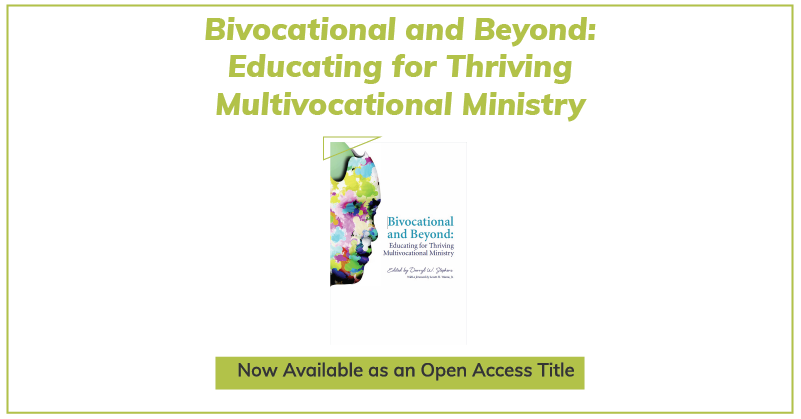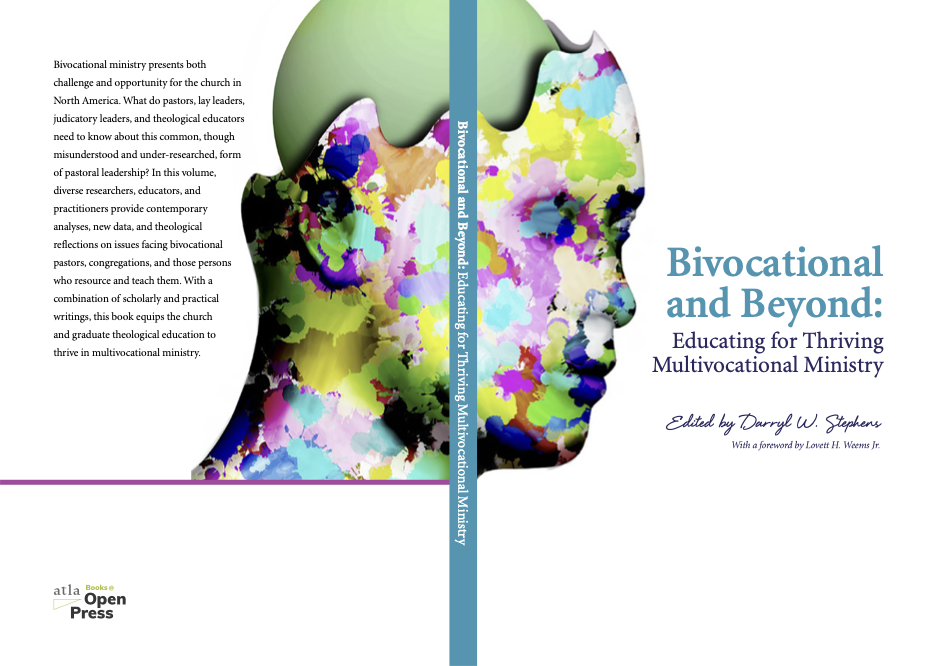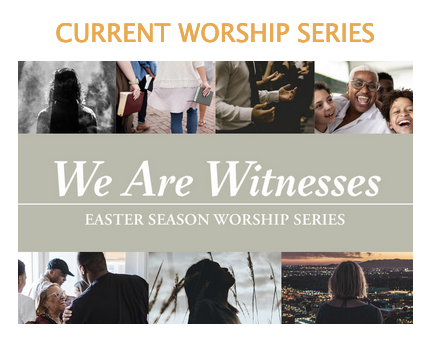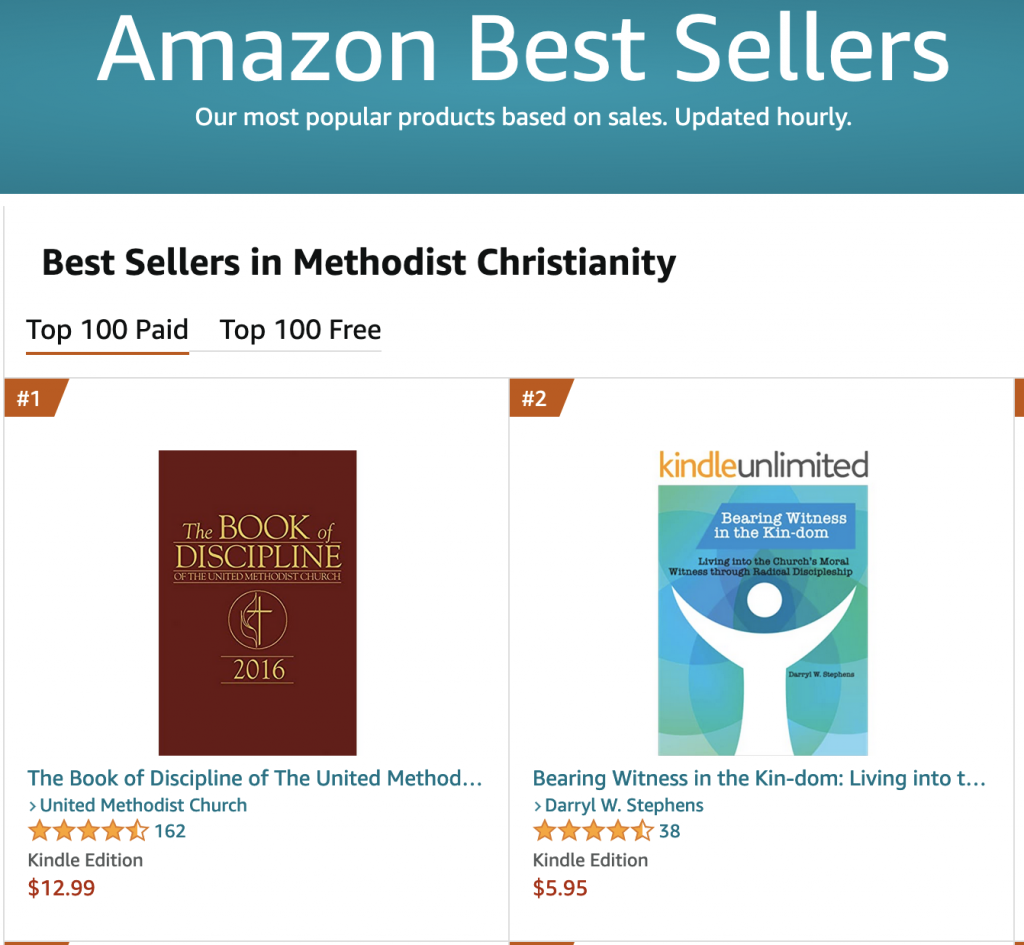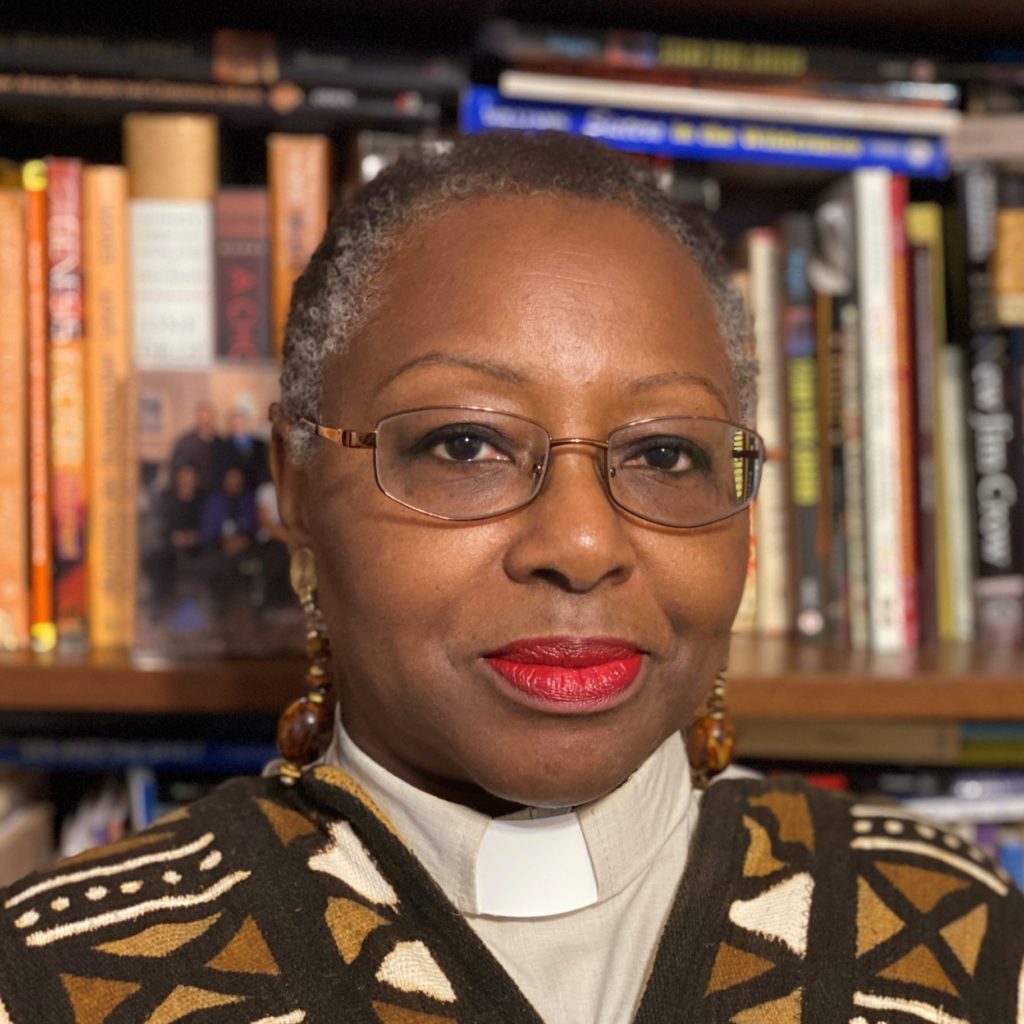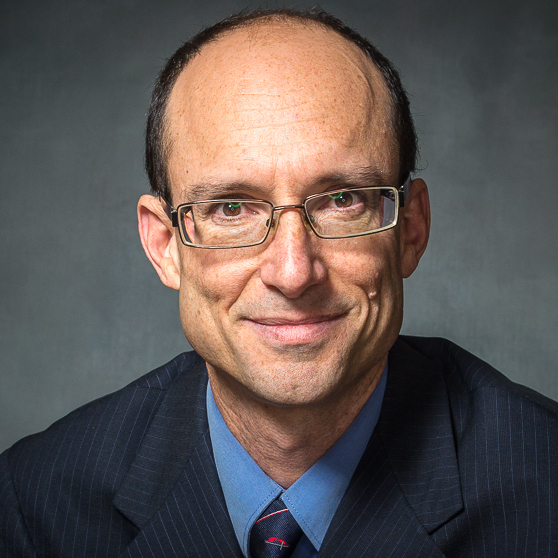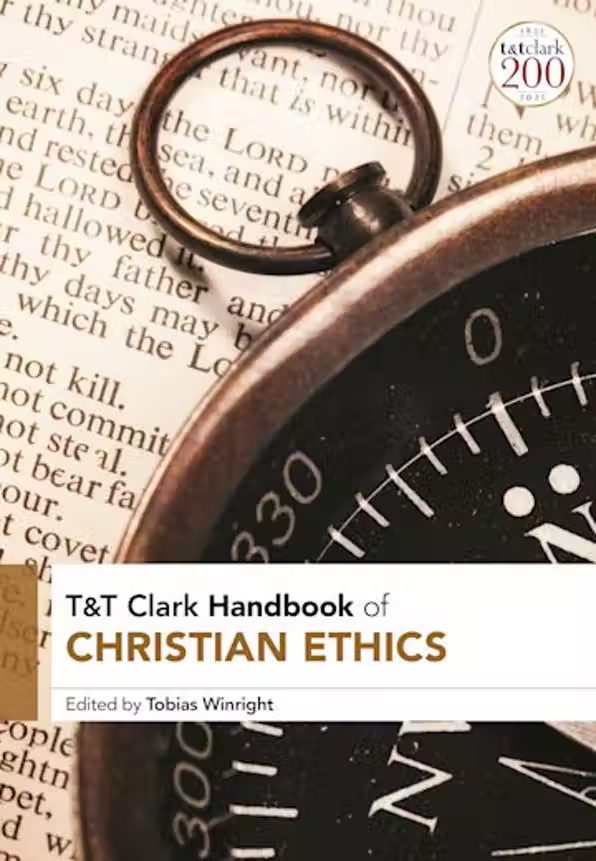Should clergy sexual misconduct be against the law? This is one issue on which fundamentalists and feminists agree. On June 15, the Southern Baptist Convention approved a resolution calling for the criminalization of pastoral sexual misconduct. Thirteen years ago, the National Organization for Women (NOW) did the same. It is past time for churches and state legislatures to respond.
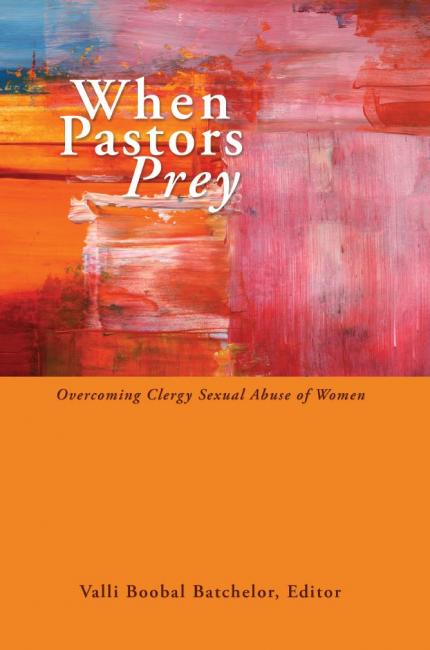
The following is based on a commentary I wrote for the General Board of Church and Society of the UMC in 2010 and subsequently published in the book, When Pastors Prey.[1] The issues are still the same. The need for action is still urgent.
In 2009, the National Organization for Women (NOW) in the United States called for the criminalization of sexual exploitation of women by clergy. NOW urged state legislatures to make it illegal for a pastor to have sex with a congregant, just as a physician, psychiatrist, or licensed counselor may be held criminally liable for “unlawful sexual relations” with those in their care.[2] Should churches join in this effort to criminalize clergy sexual misconduct?
Sexual misconduct is an immoral act, a violation of the sacred trust of ministry. And religious institutions have been notoriously slow to hold their own clergy accountable for sexual misconduct. I argue that churches are in a much better position to respond to sexual misconduct among clergy than the state, even if churches need the pressure of the state to prompt them to action.
Abuse of power
Sexual misconduct is not an “affair.” Rather, it is professional malfeasance in ministry. The clergyperson has a duty to act in the best interests of the parishioner, to maintain professional boundaries, and to refrain from using that relationship to personal advantage. Sex in a pastoral relationship violates the sacred trust of ministry.
The United Methodist Church (UMC) defines sexual abuse in ministry as “a form of sexual misconduct [that] occurs when a person within a ministerial role of leadership … engages in sexual contact or sexualized behavior with a congregant, client, employee, student, staff member, coworker, or volunteer.”[3]
The power of the pastoral office creates a context in which meaningful consent by the parishioner is often impossible. The concept of “meaningful consent” is based on the ability of each party to say “no,” without fear of reprisal. Consent is maximized in a relationship of equals. The ability of the more vulnerable party in a relationship to consent to sexual activity is diminished as the power differential increases. In a fiduciary relationship, the professional is trusted not to exploit the imbalance in power to his/her own advantage. Because of the authority of the clergyperson, the disparate power between pastor and parishioner, and the emotional vulnerability of the parishioner, sexual contact within a ministerial relationship lacks true consent even if the parishioner agrees to it. There is no meaningful consent possible in such a relationship because of the disparity of power between the minister and person seeking care.[4]
Confession of Sin
Historically, faith communities have been slow to respond to abuses by clergy. In the recent past, predatory clergy routinely were given “geographic therapy” by being reappointed somewhere else in the hope that their misconduct would be kept quiet.
The UMC first explicitly addressed clergy sexual misconduct in the mid-1990s. General Conference, this denomination’s highest policy-making body, passed its first resolution addressing sexual abuse within pastoral relationships in 1996. The same year, “sexual misconduct” entered the UMC lexicon of chargeable clergy offenses.
Sexual misconduct remains a problem, nonetheless. In a 2008 study, three percent of women attending church in the past month reported being sexually harassed or abused by a clergyperson at some point in their adult lives, according to a nationwide study in the U.S.[5] Ongoing news reports about clergy sexual misconduct provide a sobering reminder to every church to confront its own abuse crisis before it blows up as a scandal in national headlines.
We must confess our collective sin: “We have failed to be an obedient church . . . and we have not heard the cry of the needy” (United Methodist Hymnal, p. 8). In secular language, NOW President Terry O’Neill explained: “Law enforcement authorities need to step up their investigations of sexual abuse in religious organizations because it is apparent that many church officials will not act in a prompt and responsible manner.”
The State[6]
NOW’s resolution urged states to add clergy to existing laws covering other counseling relationships. Nearly every state in the Unites States criminalizes sexual contact between secular counselors or “mental health professionals” and their clients. In 2010, only 13 states included clergy in these laws, which are based on legal concepts of fiduciary duty and professional standard of care. Only two states criminalized sexual contact between clergy and congregant outside of a formal counseling relationship.
From a legal standpoint, though, NOW’s approach may not be as effective as taking a different tack to avoid unnecessary entanglements between church and state in US constitutional law. A statutory focus on lack of meaningful consent rather than fiduciary duty may provide the legal traction necessary for states to criminalize clergy misconduct.
Courts are hesitant to intervene in cases involving adult-to-adult relationships in religious institutions. The US criminal justice system is constitutionally limited in its ability to address clergy misconduct due to separation of church and state. As a consequence, secular courts cannot rule on the standard of care appropriate to a pastoral counseling relationship. Clergy cannot be convicted of malpractice because the state cannot legally define the “practice” of a religious professional.
Identifying the lack of consent within a relationship based on power and authority is within the court’s purview, though. As with laws protecting minors, the mentally impaired, intoxicated persons or others whose consent might be easily coerced, this approach would protect the vulnerable party and does not ask courts to rule on religious questions.
The Church
While state laws may provide some degree of public accountability for clergy, the church is much better situated than the state to protect the integrity of the ministerial relationship. Churches can clearly communicate appropriate interpersonal boundaries, the differential in power inherent in a pastoral relationship, and the fiduciary duty of the minister. Churches must also hold all persons in a ministerial role of leadership accountable to these standards. Lack of clarity about the nature of the pastoral relationship and lack of moral will to address the problem of clergy misconduct are at the root of the Church’s failure to provide justice for the vulnerable.
Criminal statutes would help bring accountability to churches. For example, churches in the United States did not begin to address sexual harassment until the 1980s, prompted by the Equal Employment Opportunity Commission (EEOC) and a US Supreme Court case upholding EEOC guidelines and reporting mechanisms. Only then did the UMC make its first official stand against the sin of sexual harassment in 1988.
From a practical standpoint, criminalizing clergy misconduct may also provide external support to churches seeking to investigate allegations of misconduct. Judicatory leaders would be able to rely on the trained expertise of law enforcement officers to conduct investigations and handle evidence (such as DNA samples), in the same that way child abuse cases are handled now. The state would also maintain clear jurisdiction even when a clergyperson surrenders ministerial credentials. The church often has difficulty bringing an investigation to conclusion if an accused clergyperson leaves the ministry prior to adjudication. Justice is derailed for all parties when there is no determination of guilt or innocence.
Conclusion
The Church cannot delegate responsibility to the state for determining ethical standards for clergy, but where a clear professional relationship exists that restricts freedom of consent, abuse of pastoral power should be against the law. Criminalization of clergy misconduct may have the positive effect of deterring would-be clergy sexual predators, protecting potential victims and promoting clarity about sexual activity in ministry as an abuse of power. State intervention would call the Church to accountability.
[1] A version of this commentary originally appeared in Faith in Action, October 10, 2010, General Board of Church and Society, http://web.archive.org/web/20101102002943/http://www.umc-gbcs.org/site/apps/nlnet/content.aspx?c=frLJK2PKLqF&b=6327129&ct=8799947. A revision was subsequently published in When Pastors Prey: Overcoming Clergy Sexual Abuse of Women, edited by Valli Boobal Batchelor, 150–53 (Geneva: World Council of Churches, 2013).
[2] National Organization for Women: https://now.org/about/conference-resolutions/2009-national-now-conference-resolutions/#call and http://web.archive.org/web/20100519171955/http://www.now.org/issues/violence/clergyabuse_statement.html and http://web.archive.org/web/20100526234740/http://www.now.org/issues/violence/clergyabuse_unsafe.html.
[3] “Sexual Misconduct Within Ministerial Relationships,” The Book of Resolutions of The United Methodist Church 2008 (Nashville: UMPH, 2008), 133–39.
[4] On the lack of meaningful consent in ministerial relationships, see Marie M. Fortune, Responding to Clergy Misconduct: A Handbook (Seattle: FaithTrust Institute, 2009), 28, 49–50; Karen Lebacqz and Ronald G. Barton, Sex in the Parish, 1st ed.(Louisville, Ky.: Westminster John Knox Press, 1991), 113–31; Karen A. McClintock, Preventing Sexual Abuse in Congregations : A Resource for Leaders(Herndon, Va.: Alban Institute, 2004), 78–82.
[5] Diana Garland, “The Prevalence of Clergy Sexual Misconduct with Adults: A Research Study Executive Summary ” (2009). http://www.baylor.edu/clergysexualmisconduct/index.php?id=67406.
[6] I am indebted to researchers at Baylor University for data and legal strategy presented in this section. Bradley J.B. Toben and Kris Helge, “Sexual Misconduct of Clergypersons with Congregants or Parishioners – Civil and Criminal Liabilities and Responsibilities,” http://www.baylor.edu/content/services/document.php/96096.pdf.
